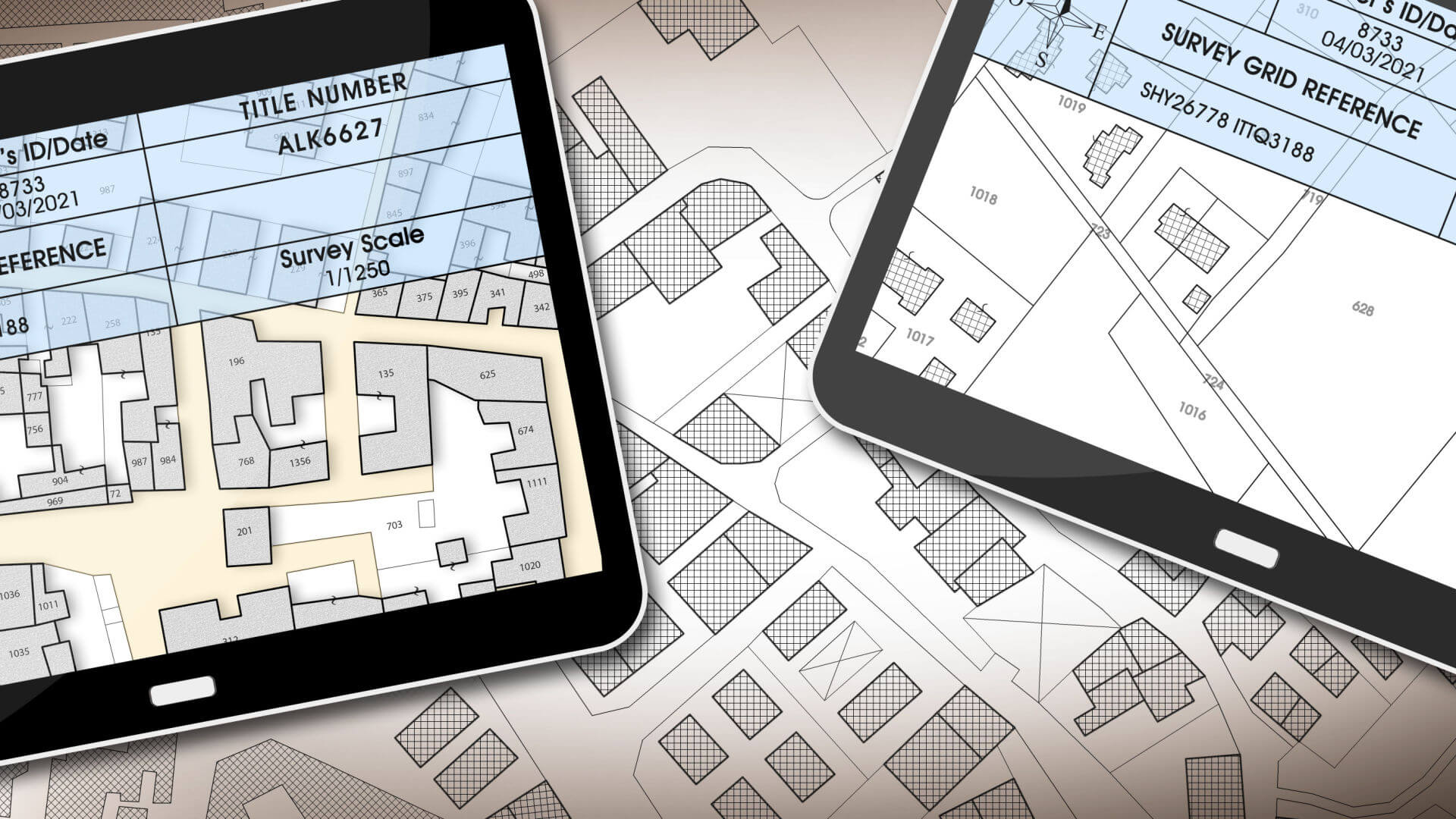What are the Different Types of Zoning Classifications?

Zoning laws are not the most simple or widely-known laws out there. They govern what you can do with your own property, typically the property you either work or live on, yet many people don’t know anything about them. For example, did you know that there are zoning classifications that dictate what kind of property you’re allowed to have in an area?
When there are laws that dictate what you can do with your property, it’s important that everyone is aware of what rights they do or don’t have, especially when it comes to zoning. The real estate attorneys at Mazzoni Valvano Szewczyk & Karam are here to help break down the five different zoning classifications. This way, you can identify which one you live or work in, so you can avoid violating the law.
If you’re worried about violating any zoning laws or codes with a new real estate purchase, sale, or lease, contact our attorneys first. Sometimes, a title search is all you need to learn that something is wrong.
Types of Zoning Classifications
There are five types of zoning classifications, and it’s important to have them to protect people, the environment, and small businesses. We don’t want our homes to be close to factories and businesses that spread pollution. We also don’t want to have residential neighborhoods mixed with large businesses that attract traffic.
Some locations can have more than one classification or serve multiple purposes, but these are specific locations that grant these rights based on several qualities. Also, some businesses and types of homes can be exceptions to the rule.
Residential
This zoning classification is for homes and small businesses. You can’t have a supermarket like Walmart in a residential area, but you can have small businesses. These can be stores like bakeries, mechanic shops, corner stores, and more.
What’s important about these businesses is that they rarely cause traffic buildups in residential neighborhoods. You don’t have to worry about your local bakery causing traffic jams as everyone tries to get in as you would with a Walmart.
Commercial
This zoning classification is for those businesses that aren’t allowed in residential areas. Big consumer-facing stores and factories sit in these commercial zones. Different zones have different limits on what is considered a big business and what isn’t, so if you want to work with a franchise, it’s important to find out what you can build there.
You can have commercial zones that are inside residential zones if the terrain and landscape are a certain way, or if the residential area is designed in a way that’s safely separated from the commercial zone.
Industrial
This zoning classification is for manufacturing plants and warehouses. While some factories are environmentally safe enough to have near residential zones, many are not. These are usually manufacturing plants and the places their products and materials are stored. They’re usually far away from residential zones and mixed-use zones.
Mixed-Use
This zoning classification is two-in-one. We mentioned before that you can have smaller commercial zones in residential zones. Many of these are considered mixed-use zones, where commercial and residential zones are combined together to create a community where people can live and work close together.
In many cases, only certain kinds of commercial businesses can be in a mixed-use zone, and only in certain locations within the zone. It’s common to have supermarkets in a mixed-use zone closest to its edge off major roads to avoid traffic congestion.
Special Districts
This zoning classification is meant to provide neighboring and surrounding zones with special amenities. These can be both the smallest and largest zones in comparison to the other types, depending on what the amenity is.
The amenity can be a school or a large park. These zones are usually maintained by a local government rather than any individual or private entity.
Learn Your Local Zoning Laws From MVSK Before You Purchase Real Estate
It’s incredibly easy to have a real estate purchase derailed because of something you don’t know about. There are zoning laws to consider, title issues to watch out for, and a lack of quality real estate to purchase in the first place. It’s not easy finding a new place to live or to run your business out of.
If you think you’re close to closing on a deal, contact the real estate attorneys at Mazzoni Valvano Szewczyk & Karam. Contact us for help today.

